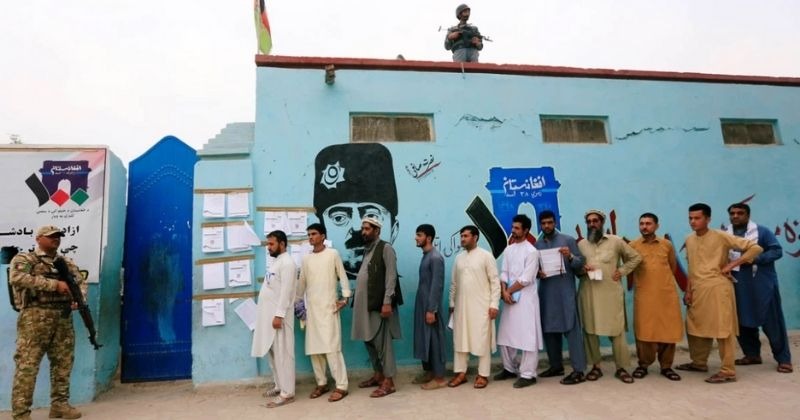

military, the State Department and other agencies used cash and lucrative contracts to win the allegiance of Afghan warlords in the fight against al-Qaeda and the Taliban. The documents make clear that the seeds of runaway corruption were planted at the outset of the war.Īccording to the interviews, the CIA, the U.S.

The Post sued SIGAR in federal court - twice - to force it to release the interview records under the Freedom of Information Act (FOIA). strategies and plans should incorporate anticorruption objectives into security and stability goals, rather than viewing anticorruption as imposing trade-offs on those goals.”īut the Lessons Learned report about corruption omitted the names of the vast majority of those who were interviewed, as well as the most unsparing criticisms about how Washington was at fault. government should take into account the amount of assistance a host country can absorb, and agencies should improve their ability to effectively monitor this assistance,” the report stated. mission in Afghanistan and that made recommendations for tackling the problem. In September 2016, SIGAR published a 164-page report that chronicled how corruption had harmed the U.S. The agency was created by Congress to investigate fraud and waste, but it used the interviews for a special project, titled “Lessons Learned,” to diagnose policy failures from the war. The interviews were conducted between 20 by the Office of the Special Inspector General for Afghanistan Reconstruction, or SIGAR.
#Taliban hiide afghansintercept full#
From what I’ve seen, no one is willing to own it.” Gert Berthold | Lessons Learned interview | Tap to view full document “If you’re going to do anti-corruption, someone has got to own it. “No one wanted accountability,” Gert Berthold | Lessons Learned interview | Tap to view full document he said. “We talked with many former ministers, and they told us, you’re under-estimating it.” Gert Berthold | Lessons Learned interview | Tap to view full documentīerthold said the evidence was so damning that few U.S. “And it was often a higher percent,” Gert Berthold | Lessons Learned interview | Tap to view full document Berthold told government interviewers. The conclusion: About 40 percent of the money ended up in the pockets of insurgents, criminal syndicates or corrupt Afghan officials. Gert Berthold, a forensic accountant who served on a military task force in Afghanistan during the height of the war, from 2010 to 2012, said he helped analyze 3,000 Defense Department contracts worth $106 billion to see who was benefiting. Responses to The Post from people named in The Afghanistan Papers Part 5: Unguarded nation Why the effort to train Afghan security forces was mission impossible. See the documents More than 2,000 pages of interviews and memos reveal a secret history of the war. diplomat | Lessons Learned interview | Tap to view full document It’s a case of security trumping everything else.” Senior U.S. is still standing shoulder-to-shoulder with these people, even through all these years.

diplomat | Lessons Learned interview | Tap to view full document a senior U.S. “We had partnerships with all the wrong players,” Senior U.S. military and other agencies also abetted corruption by doling out payments or contracts to unsavory Afghan power brokers in a misguided quest for stability. To purchase loyalty and information, the CIA gave cash to warlords, governors, parliamentarians, even religious leaders, according to the interviews. “But there is one indispensable ingredient for corruption - money - and we were the ones who had the money.” Barnett Rubin | Lessons Learned interview | Tap to view full document “The basic assumption was that corruption is an Afghan problem and we are the solution,” Barnett Rubin | Lessons Learned interview | Tap to view full document Barnett Rubin, a former senior State Department adviser and a New York University professor, told government interviewers.


 0 kommentar(er)
0 kommentar(er)
